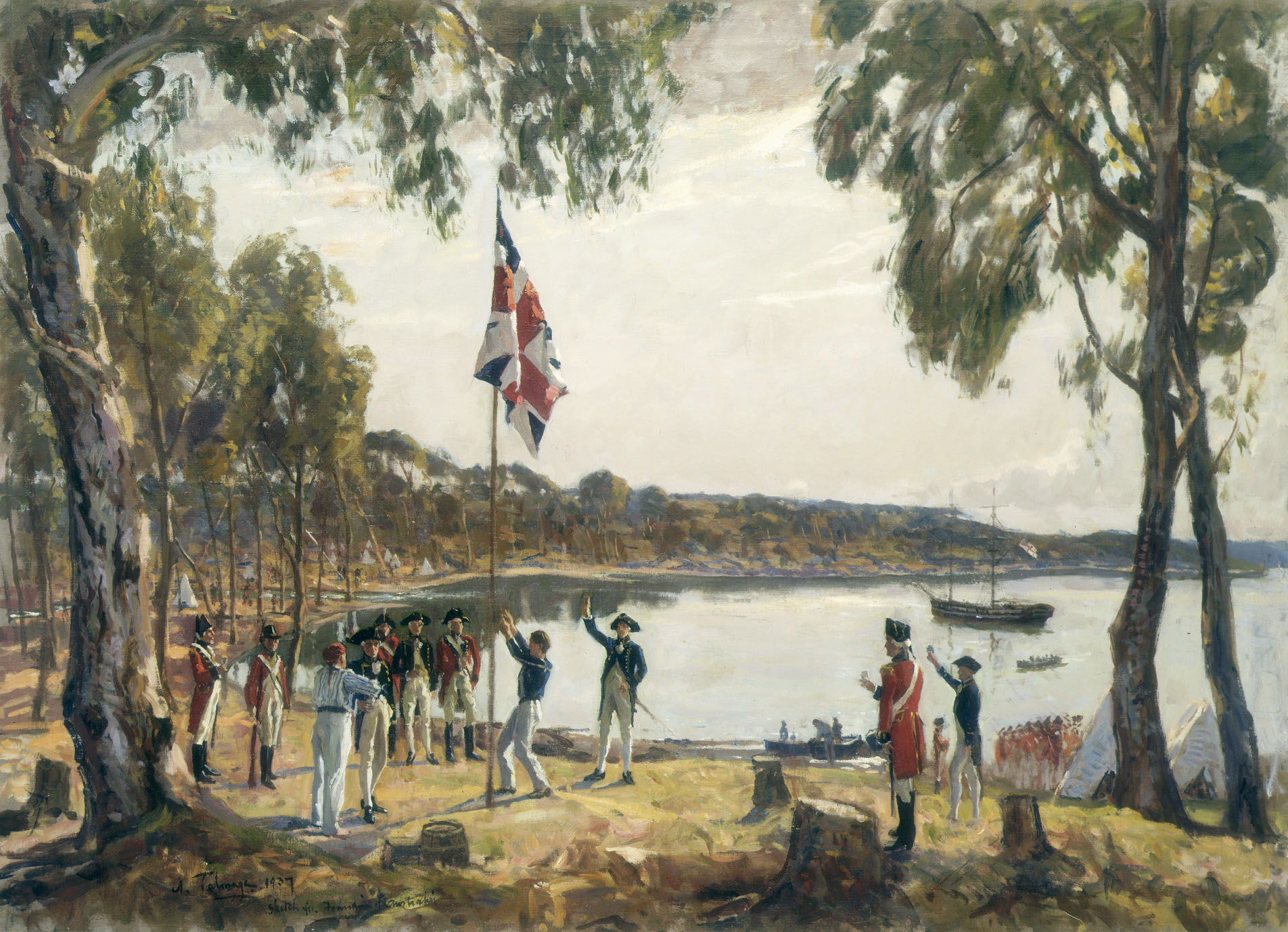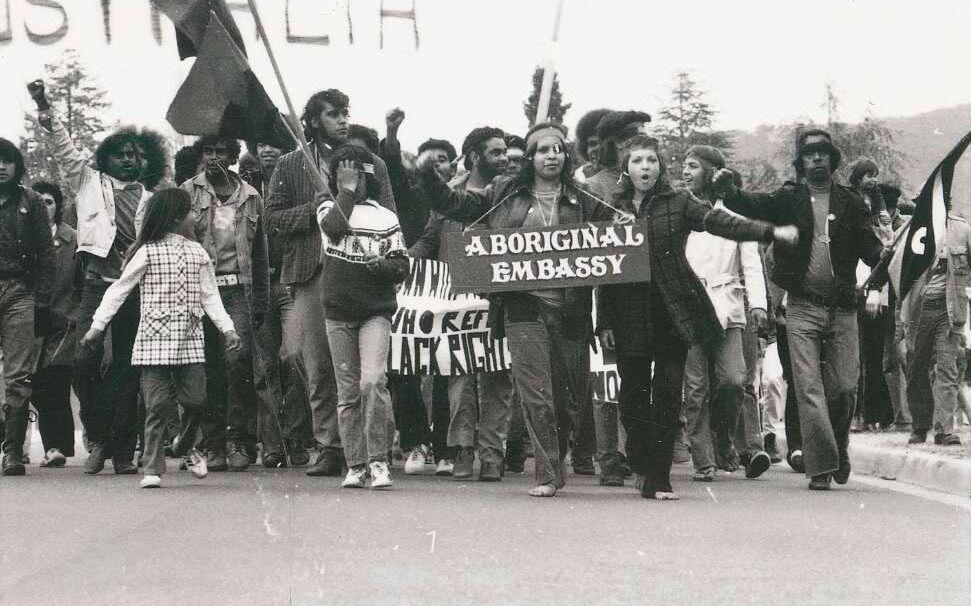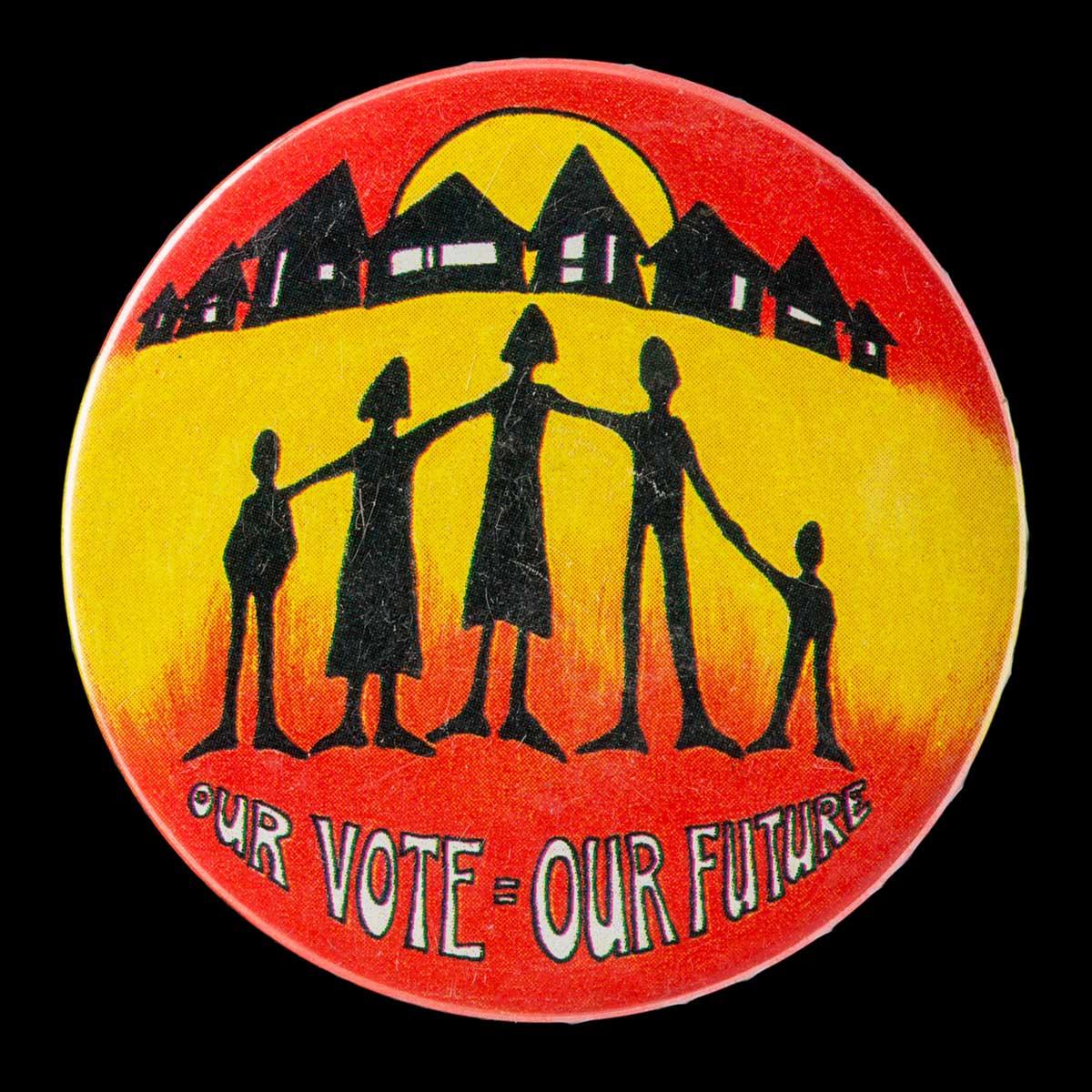Learning module:
Rights and freedoms Defining Moments, 1945–present
Setting the scene
What would you do if...?

Imagine that you and your family are enjoying a barbeque with friends in a park near the sea. You, your family and your community have always lived in this area. Sometimes you travel great distances to see extended family where they live, but you always return.
Your family has great pride in having lived in this area for generations. Your family always take care of the area (cleaning up any litter you find when arriving, and when leaving, keeping it in excellent condition). Your family are considerate of local flora and fauna when using the area (your family does not play music too loud, or break tree branches, or throw rocks), and you ensure your impacts are minimal. These important values are taught to your younger siblings.
Your grandparents and parents enjoy telling you how many years ago they helped to plant trees around the area, which now provide shade. Organising water and mulch for the trees has ensured the area is even more comfortable for human and animal users. Your parents were married by the water here, many years ago, and family birthdays and funeral wakes were held here at different times.
Suddenly, huge ships appear and many soldiers come ashore. They look very different to you and speak a language you do not understand. They are heavily armed, and do not listen to the many different ways that you attempt to communicate with them. Strong fighters from your family warn them to turn back. They refuse to stop.
Over time these newcomers take over the park and some other areas where you live. They are obviously staying and the two groups leave each other alone most of the time.
However, more and more of the strangers arrive and push you further and further out. Under pressure, some of your people start to resist more often, and are met with terrible violence.
The newcomers keep coming. They take your land, take over your food sources, apply their laws, ignore your laws, destroy some of your special and sacred places, and introduce new diseases that devastate your people. Later they some times even ban you from speaking your language when they are with you.
With deaths and destruction now all around you, you realise that your opportunity to live as you did previously is becoming far more difficult. Only those of you who live in the most remote areas can remain relatively unaffected, although the complex trading networks that linked different groups are increasingly disrupted, even for remote communities.
As more of you become involved in the new society, you find that you are on the edges, treated as a lower class. You are paid less, you cannot vote in elections, you can be forced to live in specific areas and you are not allowed into certain buildings.
1. Describe how you might feel about this situation and why you might feel this way.
2. In this scenario many of your rights and freedoms have been denied. List examples of each of these types of rights:
- civic or citizenship rights
- land rights
- cultural rights
- freedom of movement
- freedom of association
- freedom of expression
- other
3. What do you think might have been your greatest loss?
4. What might you want to do about it? What alternatives might exist? For example, you could resist; or you might try to live with the situation, and perhaps try to fit in with the newcomers as much as possible; or you could try to get some rights back.
Discuss your ideas and list them in the table below. Next to each idea note down what you think the advantages and disadvantages of this action might be, including any factors that might lead to success.
| Courses of action you might take | Advantages | Disadvantages |
This is clearly a simplistic representation of the situation that faced Aboriginal and Torres Strait Islander people from 1788.
The situation was much more complex, but the principle was the same: a new group of people displaced and disrupted existing societies.
Over time, people have acknowledged that Aboriginal and Torres Strait Islander people have not received many of the rights granted to non-Indigenous Australians.
In this learning module you will explore how Aboriginal and Torres Strait Islander people have fought to be granted equal rights, especially since 1945, and the individuals, groups and strategies that have been used to establish those rights.
Media analysis: Babakiueria
In 1986 a short satirical film called Babakiueria was made, providing a comment on the relations between Aboriginal Australians and Australians of European descent. The film revolves around a role-reversal, where it is Aboriginal Australians who have invaded and colonised the fictitious country of Babakiueria, a land that has long been inhabited by white natives, the Babakiuerians.
Watch Babakiueria, and discuss your initial reactions. Then, complete the table below.
| Questions about Babakiueria | Your response |
|---|---|
| List all the different points of view explored in the video. | |
| What is the aim of the film? What message is it trying to communicate? | |
| How might this style of film be an effective way to express this message? |
You will have seen that power and rights were unequal in this situation. How has this imaginary scenario actually been experienced in Australian history? You can explore the next section to see.







